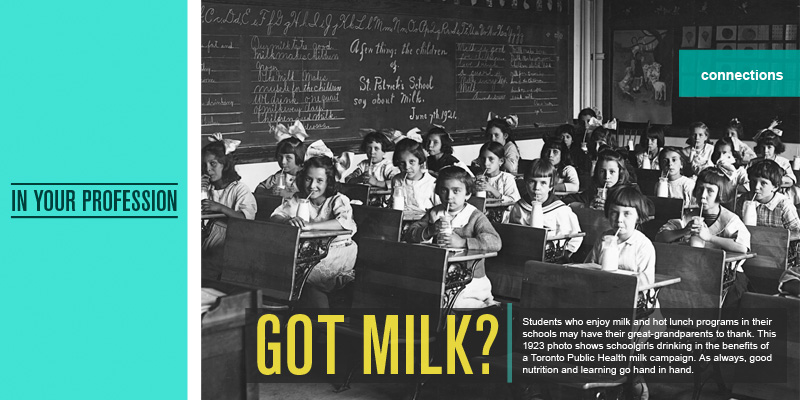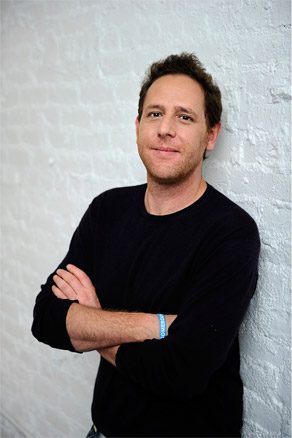

Apple’s iBooks 2 is bringing 21st-century technology into the classroom, providing interactive electronic textbooks that cost a fraction of traditional print volumes. In the United States, Apple expects that its recent deal with leading education publishers will lower textbook prices to US$15 or less. But in Ontario, at least, no such change is imminent.
“We’ve been developing online materials for some time,” says Gerry McIntyre, Executive Director of the Canadian Educational Resources Council, which represents most K–12 education publishers. “But schools are not in a position to acquire resources unless they are available to all students — and that means providing everyone with iPad access.”
McIntyre adds that while all key education stakeholders promote 21st-century learning, 90 per cent of their demand is for print materials. Plus, he says that Ontario school boards are spending 35 per cent less on learning materials than they did five years ago.

Principal Jennifer El Refaie, OCT, liked Second City’s anti-bullying puppet show so much she has booked a second run for her new Peel DSB elementary school.
“Over the years I’ve seen lots of anti-bullying campaigns, but this one was special,” El Refaie says. “The kids were engaged and the teachers liked the follow-up resource packages.”
Jill Galutira, OCT, a Grade 2 teacher at Mississauga’s St. Edmund ES, says, “The messaging was great. It reinforced what we are teaching.” The 45-minute Stop Punching Judy (SPJ ) is the brainchild of Kevin Frank, artistic director of Toronto’s Second City Education Program. “We mix humour and interactive learning,” Frank says. The show is available in the GTA and is aimed at K– 8 students. The Ministry recently added SPJ to its Registry of Resources for Safe and Inclusive Schools. For more info email schoolprograms@secondcity.com.


Lee Hirsch knows a bully when he sees one — the filmmaker had the misfortune of mastering this skill as a boy. Hirsch continues to explore this issue in the recently released Bully, provocatively told through the heartbreaking experiences of five American kids and their families. The film is part of the Bully Project (thebullyproject.com), a collaborative effort that’s working to eliminate bullying through education and conversation. We spoke to Hirsch about how he hopes the documentary will affect change for schools, teachers and students worldwide.
What are teachers saying about the film?
Many say that it should be seen in every school by every educator and every student. Overall, the reaction has been positive, but teachers also talk about their frustrations and the need for more professional development. One idea that came up was how powerful it would be if educators who’ve been bullied would share their memories and experiences with their students as a way to build trust and be more accessible.
What do you hope teachers will take away from Bully?
I hope teachers will get into conversations with each other, with their schools and with the parents in their community and ask themselves: How are we doing with managing bullying? Can we do more? That’s happening, and it’s something that really excites me.
What is the most effective thing teachers can do to help students?
Teachers have to set the tone and climate for what’s acceptable and what’s not. They have to let everyone know that they’ll support students who step up and intervene. We have a wonderful learning guide that I hope teachers take advantage of. For a free downloadable tool kit, visit thebullyproject.com
As someone who was bullied, is there anything a teacher said or did that helped?
I certainly remember being told that, “You bring it on yourself and you have to fix it — toughen up.” So each time a teacher was willing to step up and be supportive, that was critical for me.

“Each time a teacher was willing to step up and be supportive, that was critical for me.”
What’s your message to the 12-year-old you?
That you’re strong. Kids who are bullied need to be acknowledged for just how much strength they have.
What’s your message to kids who are being bullied?
They have to know that it’s not their fault and that they don’t have to endure it, and they have to keep asking for help until they get it. It’s their right.